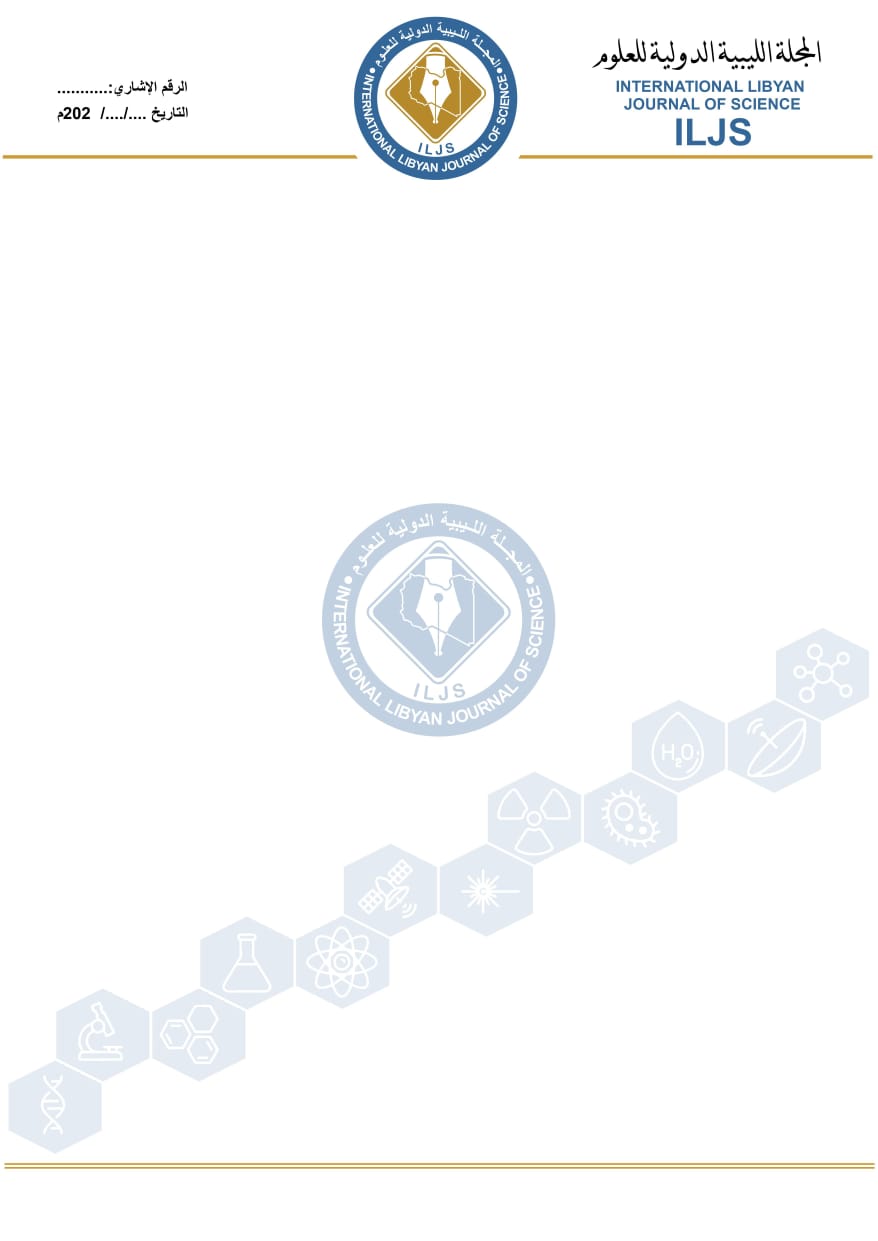
Plagiarism policy
The International Libyan Journal of Science (ILJS) is dedicated to the promotion of original research and the maintenance of academic integrity. As part of our commitment to upholding the highest ethical standards, we have established a comprehensive plagiarism policy to ensure the authenticity and originality of all submitted works.
Definition of Plagiarism
Plagiarism involves the use of someone else's work, ideas, or expressions without proper acknowledgment. This includes, but is not limited to:
- Direct copying of text from other sources without proper citation.
- Paraphrasing substantial parts of another's work without attribution.
- Claiming results from research conducted by others as one's own.
- Using figures, tables, or illustrations created by others without proper acknowledgment.
Types of Plagiarism
- Direct Plagiarism: Verbatim copying of text without quotation marks or proper citation.
- Self-Plagiarism: Reusing significant parts of one's own published work without appropriate references to the earlier work.
- Mosaic Plagiarism: Piecing together ideas, phrases, or text from various sources to create a new text without proper citation.
- Accidental Plagiarism: Unintentionally failing to cite sources or paraphrase correctly, often due to a lack of knowledge on proper citation practices.
Plagiarism Detection
To maintain the integrity of the academic record, ILJS employs advanced plagiarism detection tools to screen all submitted manuscripts. These tools help identify similarities between submitted texts and existing literature.
Responsibilities
- Authors: Authors are responsible for ensuring that their work is original and free from plagiarism. All sources of data, ideas, and words used in the manuscript must be properly cited. Authors must ensure that they do not submit plagiarized content, intentionally or unintentionally.
- Editors and Reviewers: Editors and reviewers play a crucial role in detecting plagiarism. They are encouraged to report any suspicions of plagiarism to the editorial office for further investigation.
- Journal: The ILJS editorial team is responsible for conducting thorough plagiarism checks and handling any instances of detected plagiarism according to established procedures.
Consequences of Plagiarism
If plagiarism is detected at any stage of the publication process, the ILJS will take the following actions:
- Before Publication:
- Minor Overlap: Authors will be requested to revise the manuscript to address the plagiarism issue and properly cite all sources.
- Major Plagiarism: The manuscript will be rejected outright, and the authors will be informed of the reasons.
- After Publication:
- Retraction: If plagiarism is discovered post-publication, the article will be retracted from the journal. A retraction notice explaining the reason will be published and linked to the original article.
- Banning: Authors found guilty of plagiarism may be banned from submitting to the ILJS for a specified period.
- Notification: The authors' institution and funding agencies may be notified of the breach.
Appeals
Authors have the right to appeal decisions regarding allegations of plagiarism. Appeals must be submitted in writing to the editorial office, providing a detailed explanation and any supporting evidence. The ILJS editorial board will review the appeal and make a final decision.
Conclusion
The International Libyan Journal of Science is committed to fostering a culture of academic integrity and ensuring that all published works are original and properly attributed. By adhering to this plagiarism policy, we aim to maintain the trust of our readers, authors, and the global academic community
